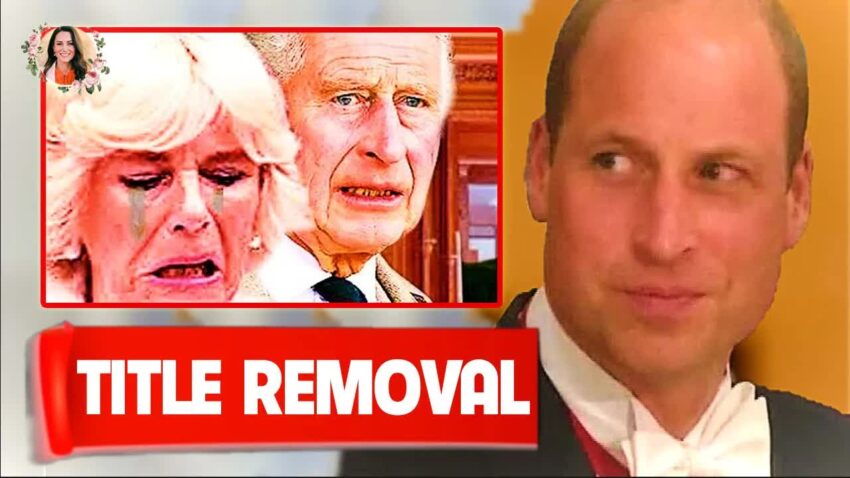Once upon a time, Prince Harry was the golden boy of the British royal family, always seen beaming alongside his loved ones.
Fast forward to today, and the landscape has shifted dramatically.
In 2020, after a series of unexpected events, Harry and Meghan Markle took the world by storm with a bombshell interview that painted some of Harry’s relatives, particularly Queen Camilla, in a less than flattering light.
This revelation set off a media frenzy that seemed to propel the Sussexes into the spotlight.
However, as time has passed, the narrative has taken an unexpected turn.
While the Sussexes dominated headlines for a while, it appears that Queen Camilla has emerged from the shadows of disdain into a position of respect and admiration.
Once viewed as the most unpopular figure in Britain, she has transformed herself into a prominent advocate for feminist issues, earning recognition that many believe was long overdue.
Nineteen years after marrying Prince Charles, Camilla is finally receiving the accolades she deserves for her tireless efforts.
Meanwhile, Harry, who once enjoyed the title of the royal family’s favorite son, now faces a precarious situation.
The stark contrast in their standings is striking; Camilla has become a beloved figure, while Harry’s popularity has waned significantly.
In less than five years, Harry has experienced a staggering loss of connections.
He has distanced himself from his father, brother, sister-in-law, and even lost his royal titles and military honors.
The support he once enjoyed from the public has dwindled, leaving him ranked just above his infamous uncle.
Can a few checks from Netflix truly compensate for such profound losses?
This dramatic shift in Harry’s fortunes isn’t solely due to his decision to step away from royal duties; it’s also about the fallout from his subsequent actions.
A source close to Prince William revealed that he is deeply upset by the allegations Harry made about him and Kate during various interviews and in his memoir, “Spare.”
This rift has created a chasm that seems insurmountable.
Interestingly, not everyone in the royal family is keen on the idea of reconciling with Harry.
Camilla, in particular, is firmly against any notion of welcoming him back, even for a casual visit.
She perceives Harry as a potential source of turmoil and believes that any interaction between him and King Charles could jeopardize the monarch’s health and the family’s stability.
In a twist of irony, the Sussexes’ decision to air the royal family’s grievances might have inadvertently strengthened the monarchy.
By adopting an “ice them out” strategy, King Charles III has effectively sidelined Harry, diminishing the drama that once surrounded him.
This calculated move may serve to stabilize the royal family in the long run.
As King Charles celebrated his 76th birthday this week, he continues to navigate his role amidst personal challenges, including his ongoing battle with cancer.
A close friend remarked that the kingship suits him well, despite the health hurdles he faces.
Veteran royal correspondent Jenny Bond echoed this sentiment, noting that Charles is relishing his position, albeit frustrated by his health issues.
With both Charles and Camilla advancing in age, the royal family faces a new reality.
Camilla’s recent illness serves as a reminder that they cannot sustain the same pace as in their youth.
As they prepare for the year ahead, both royals must reflect on their responsibilities and the legacy they wish to leave behind.
The transformation of Queen Camilla from a figure of scorn to one of respect encapsulates the unpredictable nature of public perception.
Meanwhile, Harry’s journey from beloved prince to a more isolated figure illustrates the complexities of royal life.
It’s a tale filled with unexpected twists, proving that in the world of royalty, nothing is ever quite as it seems.
